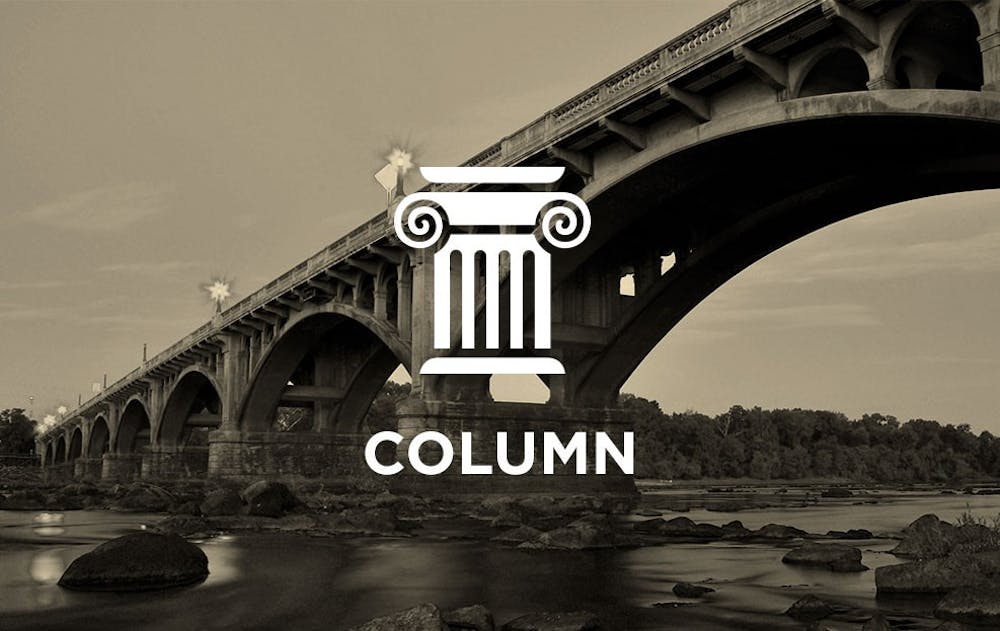Graduate school enrollment was on a steady incline until 2010, where a small decrease in enrollment numbers showed. The following two years showed a more severe drop in enrollment, though a study shows that it is slowly increasing back to the peak it reached in 2009. However, graduate school offers more than what is advertised to students and should be pursued more often than it is.
Having a master’s degree gives you an edge over others in the job market. In 2014, The Washington Post reported that jobs that require a master's are expected to increase by more than 20 percent by 2020. With more people receiving bachelor’s degrees, a master’s degree will separate you from the pack. The New York Times looked at the Census Bureau information back in 2012, and it showed that more than 30 percent of Americans have a bachelor’s, the most ever up until then.
You do have to consider the costs of graduate school, because let’s face it, it is expensive. US News reports that the average debt a graduate student owes at the end of school totals to $57,600 as of 2016. On the bright side, that number is including undergraduate debt as well. It goes on to note that public universities are typically the cheaper option when it comes to graduate student tuition. The cost at a private university is often close to double that of a public institution.
While the cost may be intimidating, the monetary benefits shouldn’t be ignored. In the same Washington Post article, it says that a master’s degree, over a lifetime, is worth $457,000 more than a bachelor’s degree. In a different article, The Washington Post reported that the median annual earnings of those with a master’s was $69,100 in 2014, compared to a median salary of $57,600 for those with a bachelor’s. It also breaks down how level of education affects some salaries. The most significant difference was reported in business majors, where the average salary increased from $63,000 to $96,000 with a master’s.
So what does the job market look like for people with a master’s? Forbes posted an article that discussed how employers value higher education. It reported that 20 percent of positions in 2014 prefer or require someone with a master’s, but only 11 percent of the population are able to meet that requirement. In terms of unemployment, only 3.4 percent of people with a master’s are unemployed, compared to 6.1 percent of the entire population.
To top it all off, the same Forbes article talks about the non-economically oriented advantages of higher education. People with master’s have a positive relationship with areas like societal well-being, health and longevity. Pursuing a master’s degree can be a scary thing. It a big investment of time and money, but the high risk high reward aspect of it is worth it. The benefits outweigh the costs in economic terms and personal well being. Don’t let the immediate costs turn you away from something that can benefit you in the long term.

